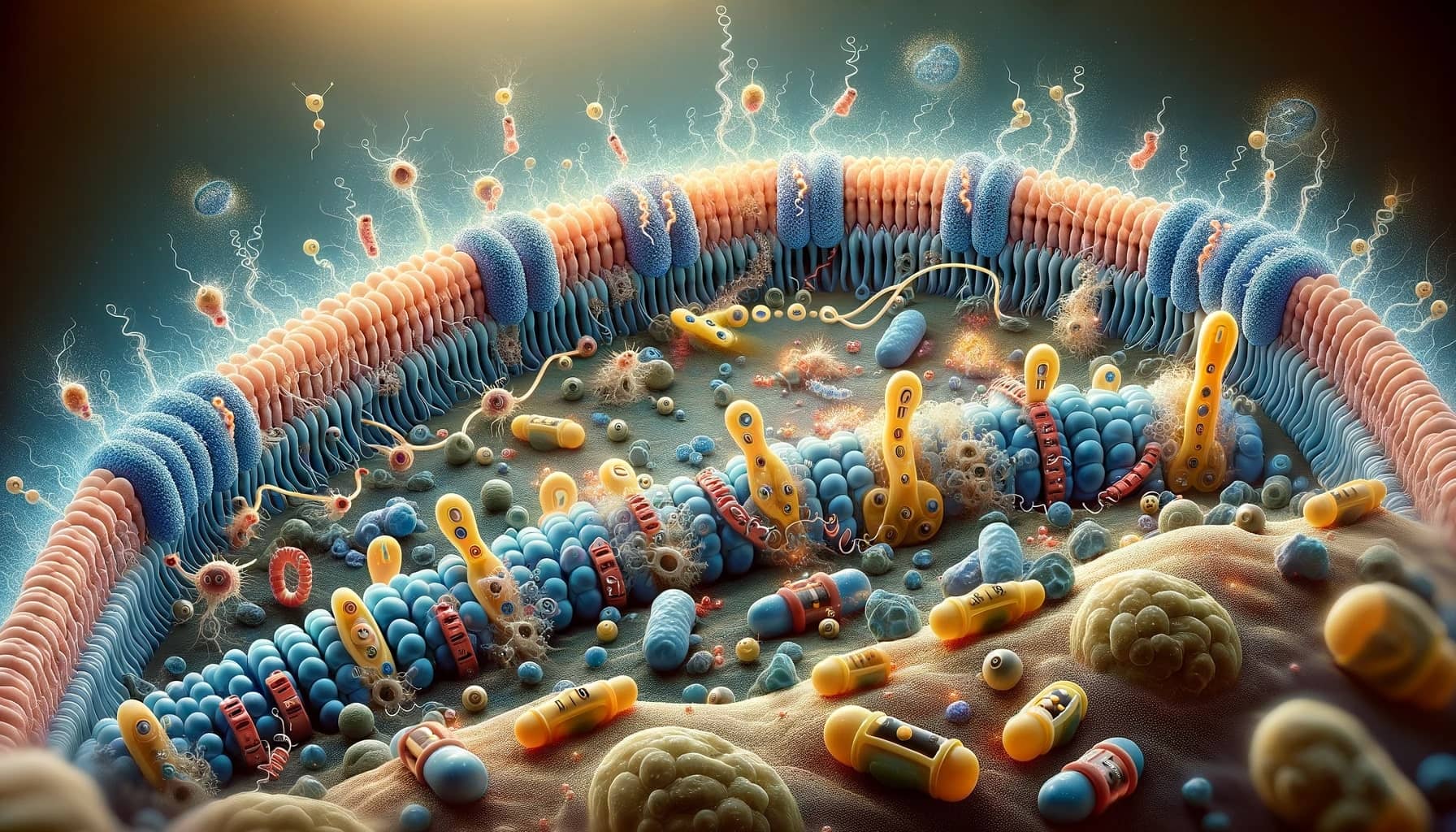
Understanding Aging: How Nutrient-Sensing Affects Our Health
Nutrient-sensing is an important part of how our bodies work. It’s about how our cells and body respond to the food we eat and the stress we experience. This involves signals and responses, including hormones like insulin and IGF (insulin-like growth factors), and pathways like PI3K-AKT and Ras-MEK-ERK. A key part of this is the MTORC1 complex, which helps regulate things like autophagy (cell cleaning), protein making, and metabolism based on nutrients and stress.
What Happens When Nutrient-Sensing Goes Wrong
As we get older, this nutrient-sensing system can start to malfunction, leading to health problems and faster aging. Studies have shown that reducing the activity of parts of this system can help animals live longer. In humans, certain genetic differences in these pathways are linked to longer life.
In younger people, this system helps with growth and building up the body. But in older people, it tends to break things down more, which can lead to aging and diseases related to aging. For example, the somatotrophic axis (which involves growth hormone and IGFs) is great for growth when we’re young, but not so much when we’re older, as it can speed up aging.
Targeting Nutrient-Sensing for Better Aging
Research shows that changing how this nutrient-sensing system works might help slow down aging. For example, stopping certain pathways in animals can make them live longer and healthier. In humans, treatments that focus on this system, like using rapamycin, have shown good results in extending life and improving health, even if they start later in life.
Diet plays a big role in this system, too. Eating too much can overactivate nutrient sensors and cause problems like insulin resistance and inflammation. On the other hand, diets that involve fasting, eating less, or ketogenic diets (low-carb, high-fat) can be good because they slow down nutrient-sensing pathways, boost autophagy, and improve metabolism.
Looking Ahead
Studying nutrient-sensing in aging isn’t just about food; it’s about understanding a complex system of biological signals that control how long and how well we live. By finding ways to tweak this system, we might find new methods to live healthier, longer lives and prevent diseases that come with aging. This research could lead to new treatments and diet strategies that have a big impact on aging and our overall health.
